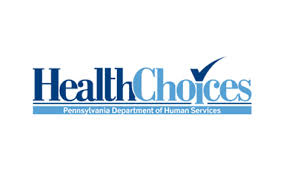Latest Edition of Health Law PA News
 The Pennsylvania Health Law Project has released the latest edition of its newsletter. The November 2015 edition includes new Children’s Health Insurance Program (CHIP) benefits, Pennsylvania Medicaid’s new specialty pharmacy drug program, and Pennsylvania’s receipt of a federal planning grant for certified community behavioral health clinics.
The Pennsylvania Health Law Project has released the latest edition of its newsletter. The November 2015 edition includes new Children’s Health Insurance Program (CHIP) benefits, Pennsylvania Medicaid’s new specialty pharmacy drug program, and Pennsylvania’s receipt of a federal planning grant for certified community behavioral health clinics.
Find the latest Health Law PA News here.





